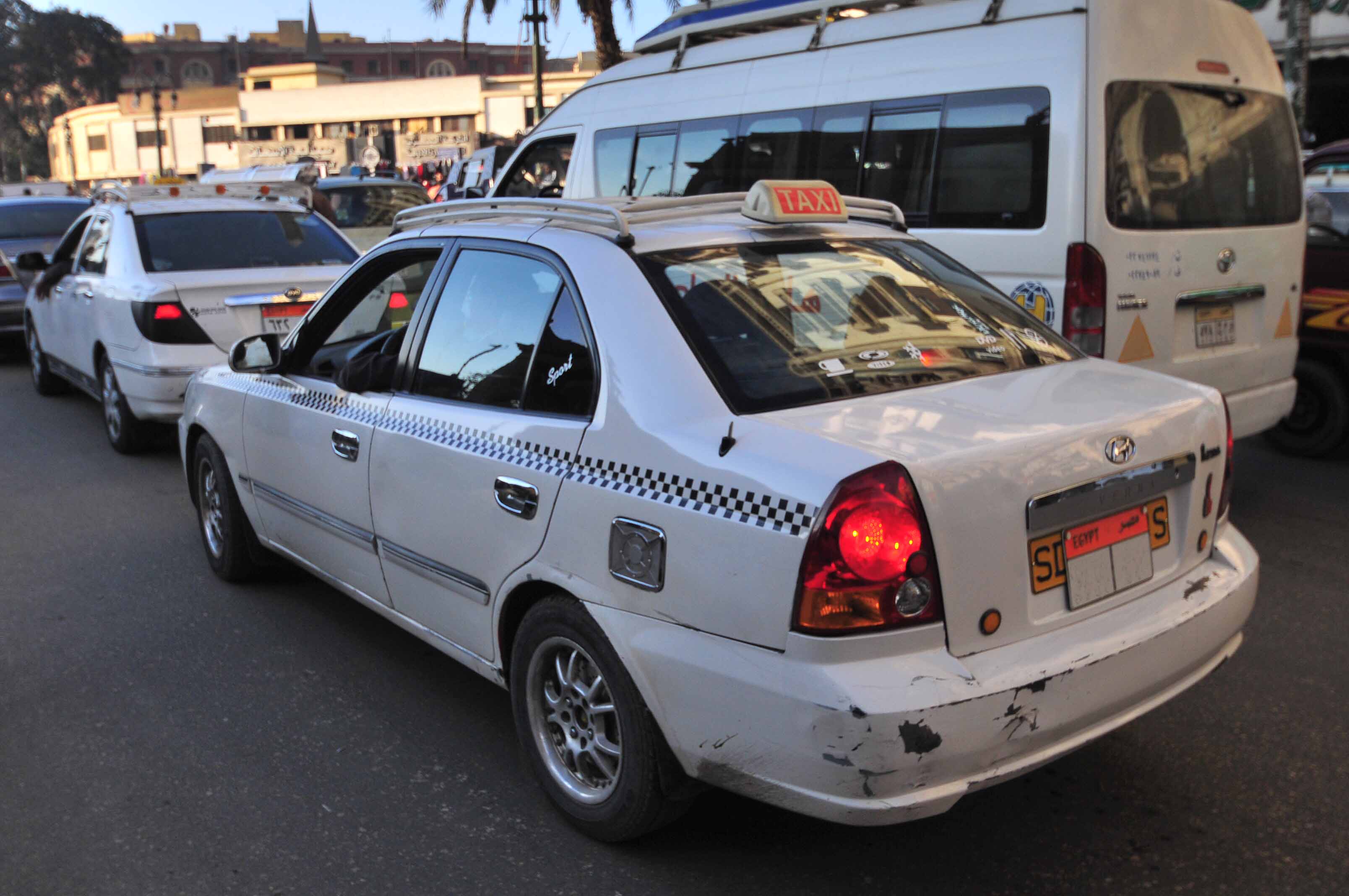Earlier this month, more than 13 million confidential electronic documents, consisting of about 1.4 terabytes of information, were leaked to German newspaper Süddeutsche Zeitung, the same publication that uncovered the Panama Papers. On 5 November, some details of the documents were made public after the newspaper shared them with the International Consortium of Investigative Journalists (ICIJ) in order to carry out necessary investigations to verify the details and truth of the documents. Soon afterward, the content was published, presenting to the world the work of more than 380 journalists who have been working on the papers.
Their findings soon revealed the involvement of some of the world’s greatest investors, wealthy individuals and major companies in tax evasion and illegal actions such as carrying out confidential transactions and engaging in offshore dealings. The papers revealed that no legal action was taken against the majority of these transactions. The number involved individuals and companies is estimated to be more than 120,000 from different regions across the globe.
The source of the data originally came from an offshore law firm called Appleby and corporate services providers Estera and Asiaciti Trust.
It is worth mentioning that this leak is considered the second of its kind in history, wherein 11.5 million similar documents were uncovered in 2016, dubbed the “Panama Papers”. The documents were also discovered by Süddeutsche Zeitung and investigated by a team of journalists through the ICIJ.
Some of the high-profile individuals mentioned in the papers included some members of US President Donald Trump’s administration, including Secretary of Commerce Wilbur Ross, as well as a close adviser to Canadian Prime Minister Justin Trudeau, two sons of Turkey’s Prime Minister, Prince Charles, Queen Elizabeth, and President of Colombia Juan Manuel Santos. Three former Canadian prime ministers were also named in the papers: Jean Chrétien, Paul Martin and Brian Mulroney, in addition to some Israeli businessmen, Syria’s wealthiest man, Rami Makhlouf, and former deputy Saudi Arabian Minister of Defense, Khaled bin Sultan.
Some of the companies implicated in the documents included Facebook, Twitter, Apple, Disney, Uber, Nike, Siemens, McDonald’s and Yahoo!.
Surprisingly, the list also included celebrities such as singer Shakira, who lives in Barcelona and sends her authors’ rights revenues to Malta. The list further included the stars of BBC’s hit sitcom “Mrs Browns’ Boys” and now-disgraced American film producer, Harvey Weinstein.
Shedding light on some of the most prominent dealings made by the names mentioned in the papers, The Guardian said that “millions of pounds from Queen Elizabeth’s private estate has been invested in a Cayman Islands fund, and some went to a retailer accused of exploitation of poor families”.
In addition, Twitter and Facebook have received hundreds of millions of dollars in investments linked to Russian financial institutions, while Apple has secretly moved part of its profits to Jersey, a tiny island off the coast of France, after Ireland imposed stricter tax laws.
The New York Times said that the large sums of money held offshore represent a loss of resources that could otherwise be used to cut taxes on citizens, or be spent on programs that offer help to other individuals in need across the various affected societies.
“The onus here is on the United States and the European Union. Why do we allow criminals, tax evaders and kleptocrats to ultimately use our financial and real estate markets to launder their wealth? Transparency is the first step in making sure the wealthy can’t cheat their way out of contributing to the common good,” Gabriel Zucman, a professor of economics at the University of California, Berkeley, wrote in the New York Times.
When people do not pay their fair share of tax, poor people carry that burden upon their back, according to Amnesty International. “Governments must take urgent steps to crack down on tax evasion and aggressive tax avoidance by wealthy individuals and companies,” Amnesty added.
It further stated that tax evasion takes away from governments much of the revenues they need to enhance the economic and social rights they provide to citizens – which is government’s main function.
It appears that illegal actions by the wealthiest individuals and companies across the world are no rare occurrence, and seem to have been happening in secrecy for years. They will likely continue, albeit perhaps on a smaller scale, unless legal action is taken – something that still would not entirely guarantee the end of such illegalities. Awaiting action by governments, though it may be slow, is a possibility that the upcoming weeks could bring.




